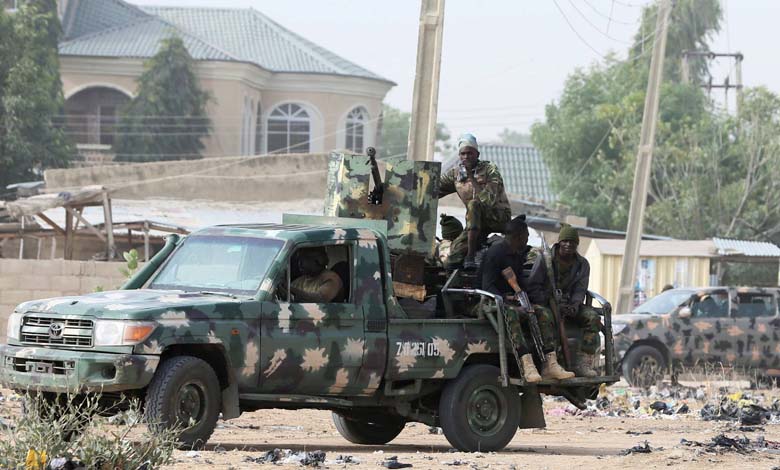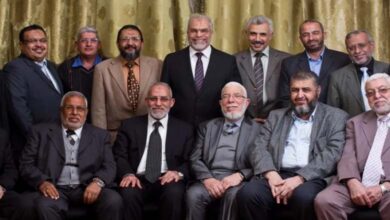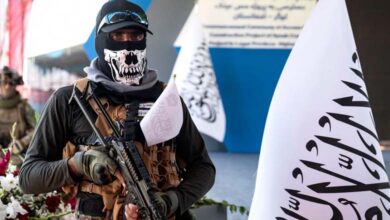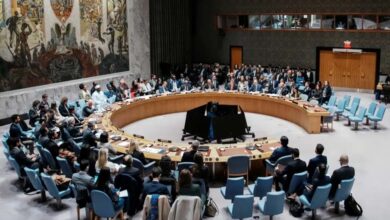Al-Qaeda’s threats to Mali: A geopolitical shockwave endangering the African Sahel

Mali is approaching a decisive turning point, as the blockade imposed by the Group for the Support of Islam and Muslims, Al-Qaeda’s regional branch, on the capital Bamako has evolved into a direct threat to the survival of the state.
Political experts warn that the potential collapse of Mali’s military council would represent a major geostrategic shift for the entire Sahel region.
As the military council faces a growing deficit in regional and international support, the rapidly unfolding events raise a critical question: what would happen if Bamako were to fall? According to experts, this question is no longer hypothetical but increasingly reflects an emerging and plausible reality.
Disintegration of central authority
In this context, Malian expert Amadou Albert Maïga argues that the failure of regional and international support reveals a “structural weakness” in the military council’s position, paving the way for the disintegration of central authority in favor of armed groups.
He notes that neighboring countries — Niger and Burkina Faso — lack any ready-made plan for intervention in support of Bamako, despite their security partnership with Mali. This absence of external action is gradually turning the capital into a “power vacuum” likely to be filled by organizations such as the Group for the Support of Islam and Muslims.
A geostrategic shift
French researcher Olivier Baumann goes even further, warning that the fall of the capital would constitute a “symbolic and territorial victory” for terrorist groups and signal the beginning of a more brutal phase of the conflict.
He asserts that the fall of Bamako would not be a local event but a strategic turning point for the entire Sahel, reshaping the region’s security landscape and leading to the emergence of “influence micro-states” in southern and western Mali.
Baumann believes that the expansion of armed groups’ control would strengthen their regional negotiating power, forcing neighboring states to reassess their alliances and possibly align themselves with local initiatives rather than a weakening central government.
A cross-border threat
He further warns that the collapse of the capital would turn Mali into a launching pad for attacks on neighboring countries.
With increased activity from the Group for the Support of Islam and Muslims in southern Mali, the fall of Bamako would automatically shift security pressure onto Niger and Burkina Faso, likely driving them to adopt stricter policies or undertake major shifts in their regional alliances.
From blockade to potential collapse
The situation on the ground adds to the grim outlook. Over the past two months, the Group for the Support of Islam and Muslims has imposed a suffocating blockade on southern Mali, including the capital.
This Al-Qaeda-linked organization now controls key economic and security nodes in strategic areas and is exerting direct military pressure on the military council. Within security decision-making circles, the question is no longer “if” Bamako will fall, but “when”.
According to well-informed sources, the ongoing deterioration is tied to the continued absence of effective external support, whether from Sahel countries or from the expected ally, Russia, whose capacity is constrained by its involvement in Ukraine.
Lack of an alternative international plan
Caroline Rossi, a French analyst of African affairs, said that the absence of serious international support for the military council demonstrates that the international community lacks any alternative plan to stabilize Mali.
She stresses that the fall of Bamako would not pave the way for a democratic transition but would instead hasten a “phase of influence partitioning” among armed groups, with the possible emergence of territories operating outside central government control.
Rossi expects terrorist organizations to continue seeking control over key sectors of the state, paving the way for the rise of a “parallel state” or a fragmented decentralized model that would be difficult to restore.
Reshaping Sahel alliances
She notes that the Sahel alliance may reorganize itself in response to rising threats, although this will depend on whether Niger and Burkina Faso are willing to take the risk of providing military or logistical support to Mali’s military council.
As for Western powers or Russia, toward which the council is seeking rapprochement, any potential support would remain limited due to global crises and geopolitical tensions.
Worst-case scenarios
In the bleakest scenario, Rossi warns that southern Mali could slide into open confrontation between armed groups and the military council, triggering widespread internal displacement and further state fragmentation.
Such a collapse would turn Mali into a regional weak point, threatening the security of all West Africa and opening the door to a prolonged conflict that would be difficult to contain without clear international action.












